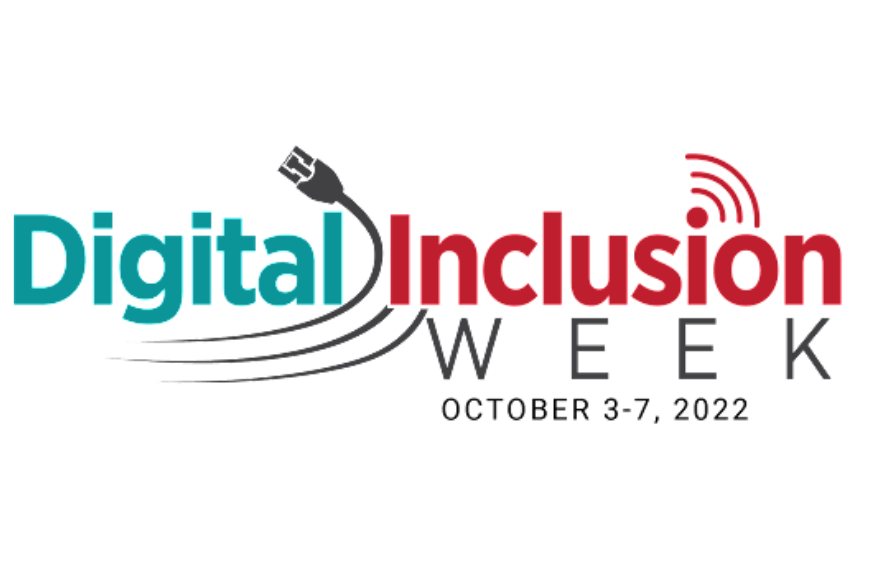
Digital Equity is not a common phrase, but it is becoming a common issue among Vermonters and the rest of the nation. What is Digital Equity? Digital Equity is a condition in which all individuals and communities have the information technology capacity needed for full participation in our society, democracy, and economy. Digital Equity is necessary for civic and cultural participation, employment, lifelong learning, and access to essential services. To sum it up, Digital Equity means everyone has equal access to technology and the internet for community engagement, employment, learning opportunities, healthcare, and more.
What is the problem?
Increasingly, Americans require a broadband internet connection to live, work, and interact. Yet far too many individuals, many of whom are members of historically overlooked and underserved communities, lack the skills, technologies, and support needed to take advantage of the opportunities made available by a reliable broadband connection.
Absent help, they are at risk of being left behind. Expanding access to broadband is necessary but is far from sufficient. The Federal Government must work towards ensuring ‘all individuals and communities have the information technology capacity needed for full participation in our society, democracy, and economy—a principle called 'digital equity.
What is the solution?
Digital Inclusion Week is from October 3rd through October 7th. This week is all about bringing awareness to Digital & Broadband Equity. The digital divide calls further attention to the existing wealth and income gaps in our communities; many people, including those of color, people with disabilities, low-income households, and rural communities, overwhelmingly impacted by the digital skills gap, are at risk of being left behind.
As part of our efforts to improve workforce development, digital equity is embedded into UWAC’s 2022 policy priorities. Learn more about our efforts to support digital equity and workforce development!
For more information: